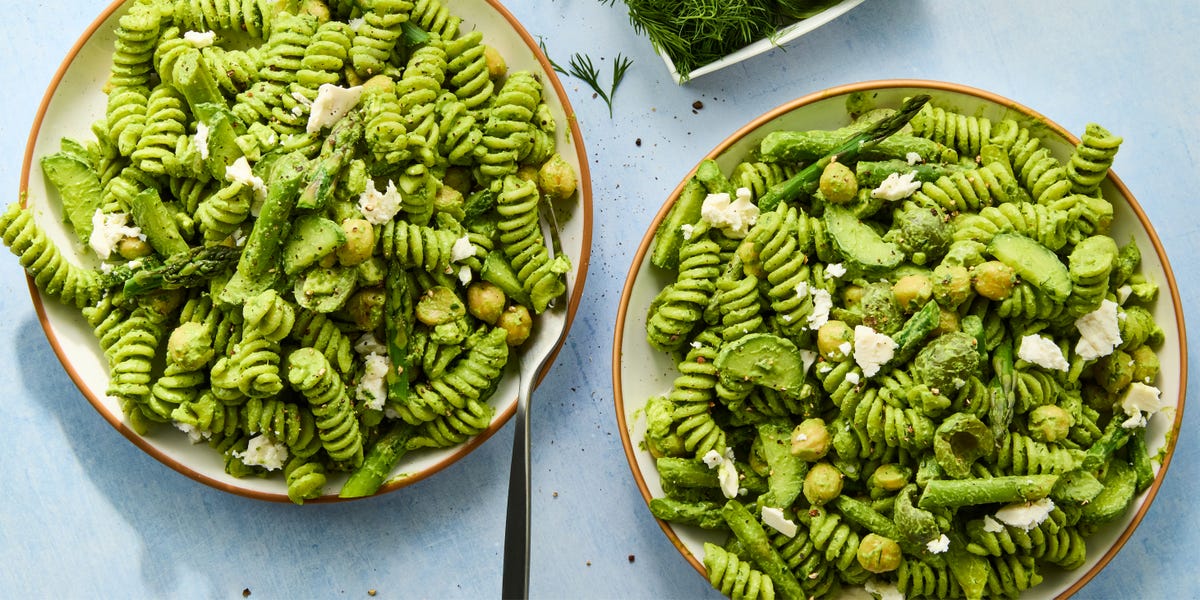
For those of you unfamiliar with the phenomenon of sun tea, it’s basically exactly what it sounds like—tea that has been brewed by the heat of the sun, as opposed to in a kettle, on the stove, or in the microwave. Sun tea is a popular beverage, particularly in the American South, where the hot summer months are thought to provide adequate heat for infusing your water with tea leaves.
The process is simple: place your tea leaves in water and set the container in direct sunlight for a few hours to allow the natural heat to infuse your water. “Unlike traditional hot tea preparation, which involves boiling water, sun tea relies on solar warmth—a process that feels both earthy and inviting,” explains Dr. Gregory Lawson of Aylo Health.
While this tea-making method may sound quaint and easy, associated health risks come along with it. Both the FDA and the CDC advise against it entirely. “Water heated by the sun doesn’t reach the proper temperature needed to kill off bacteria like salmonella, E. coli, etc.,” explains Dr. Azza Halim.
Water typically needs to reach a temperature of at least 140°F to kill off these harmful bacteria. Anything between 40°F and 140°F is referred to as the “danger zone,” where bacteria can grow and multiply extremely rapidly. “Harmful microorganisms can thrive in this environment and potentially cause illness if consumed,” explains Dr. Lawson. He advises only using boiling water to brew tea because many dried tea products are only minimally processed and may carry bacteria or other pathogens that require high temperatures to neutralize—aka not sunlight.
When it comes to tea, Dr. Lawson stresses that you should stick to classic hot tea, cold brew, or refrigerated iced tea to get your caffeine fix. However, if you are still hankering for the nostalgia of sun tea, he recommends using high-quality tea, limiting your steep time to three to four hours, refrigerating your tea immediately after it reaches the desired strength and flavors, and utilizing clean equipment. Taking these steps will ensure you are brewing sun tea under the safest conditions possible. Both Dr. Lawson and Dr. Halim also caution against consuming tea that has been left out at room temperature for longer than eight hours.
Bottom line: While it’s not advised to consume sun tea, especially for those with weakened immune systems, you can mitigate your risks. However, it’s important to keep in mind that there is no way to ensure your tea is free from bacteria without it reaching the proper temperature.
Expertise: Food Reviews, Trends, & Science
Education: B.A. in Psychobiology from Wheaton College, MA, and M.S. in Professional Writing from New York University
About Me: Amanda Mactas is an associate editor at Delish, where she works on feature and news stories, covering everything from the launch of line to to reporting on the . In addition to Delish, Amanda’s work has been featured in Eat This Not That, Time Out, Women’s Health, Global Traveler Magazine, and PureWow. She also serves as an expert panelist for USA Today’s 10Best Travel Awards. When she’s not dreaming or writing about food, she’s likely catching up on the latest true crime, watching horror movies, searching for a great matcha latte, or has her nose in a book somewhere (hopefully in another country).















Leave a Reply